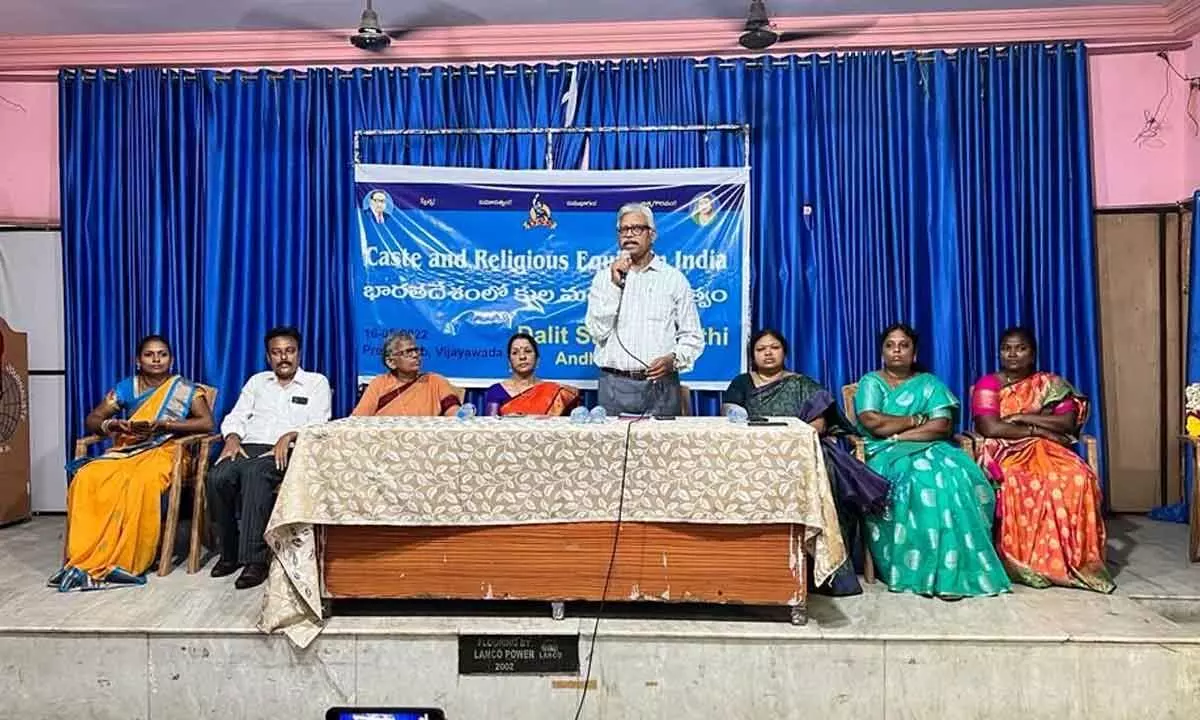Live
- NC MP holds anti-reservation protest outside J&K CM’s residence
- Inflation burden eases for farm and rural labourers
- Delhi BJP releases 'chargesheet' against Kejriwal, AAP govt
- The First 40 Days: Sonnalli Seygall’s Thoughts on Traditional Postpartum Care
- CM Nitish Kumar embarks on Pragati Yatra from West Champaran, begins development drive in Bihar
- Rozgar Mela: Recruits from Patna, Panchkula express gratitude to PM Modi for appointment letters
- Tabling CAG reports: BJP legislators move Delhi HC for special Assembly sitting
- Allu Arjun Faces Legal Case; Minister Seethakka Criticizes Lack of Support for Victim’s Family
- Taiwan Excellence announces the Top 3 global winners for Go Green with Taiwan
- Delhi High Court Denies Bail to IAS Trainee Puja Khedkar Over Forgery and Fraud Charges









